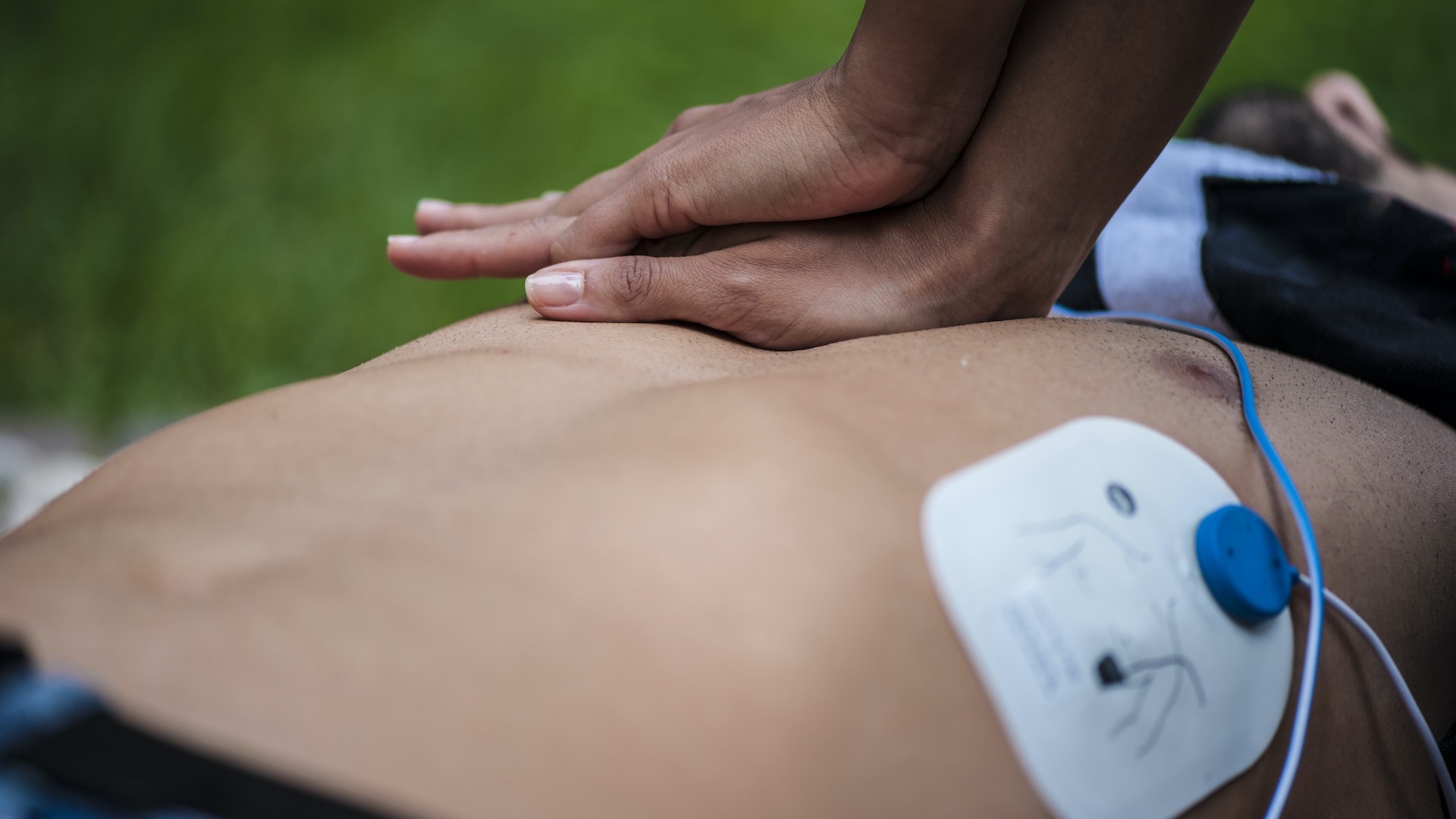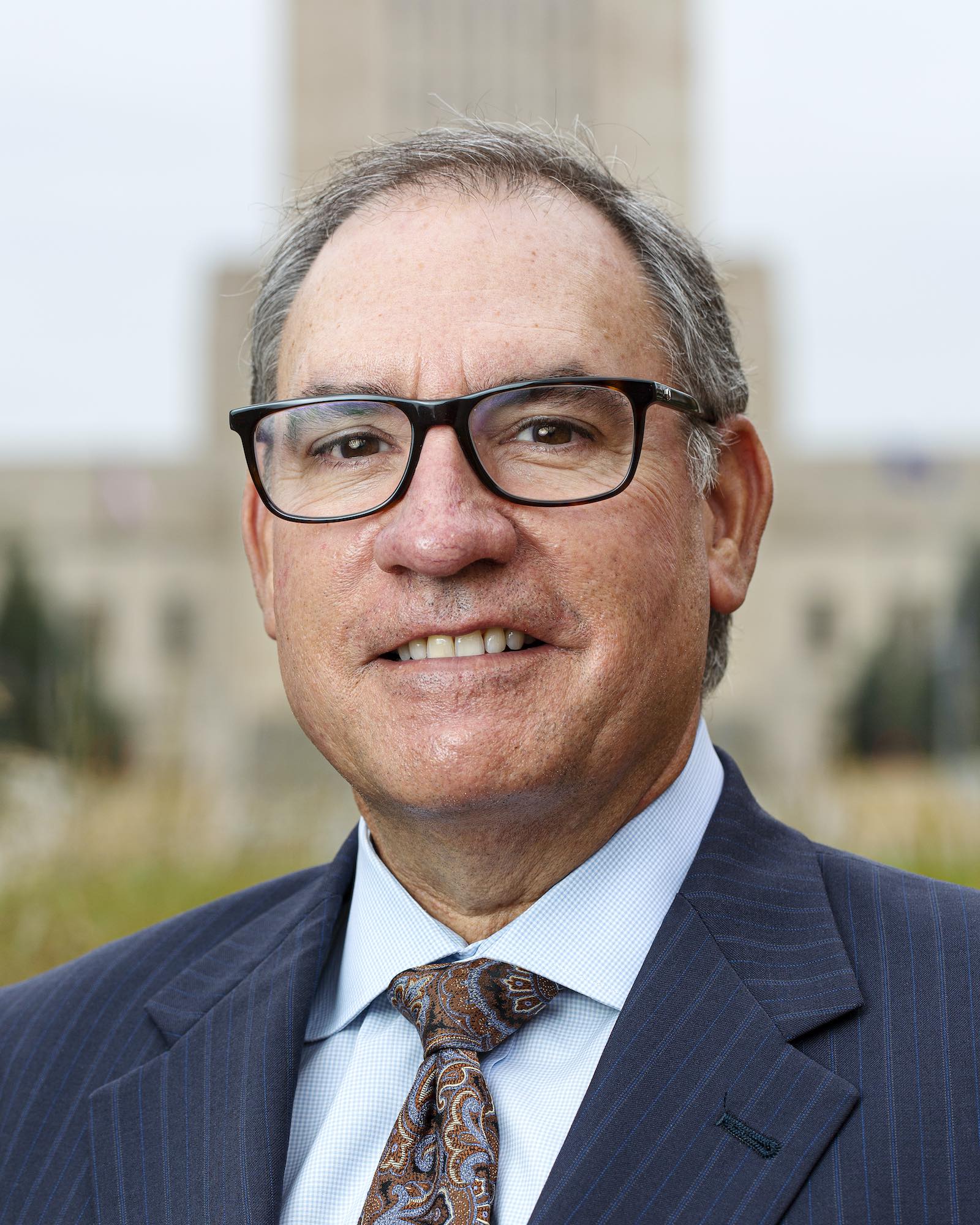
Law enforcement agencies across Nebraska are receiving Automated External Defibrillators (AEDs) thanks to a $6.4 million grant from the Helmsley Charitable Trust, a philanthropic foundation that is working to support public health in the state.
According to EMS1, the grant will provide 158 AEDs for the Lincoln Police Department (LPD) and 2,500 to other agencies statewide. For the LPD, this means that each squad car can carry an AED, a life saving technology that can revive a heart from cardiac arrest.
Nebraska State Patrol trooper Brian Farmer said AEDs are necessary for treating cardiac arrest, which is often a fatal emergency.
“You pull out the pad, you stick them on, and it analyzes the heart rhythm to whether a patient needs to be shocked or not,” Farmer said. “Then you just continue with your CPR.”
Representatives from each of the agencies receiving AEDs underwent training when collecting the devices, so that they can teach officers in their agency how to use them.

Nebraska Chief Medical Officer Dr. Gary Anthone believes that the devices will save “countless lives” across the state. With cardiac arrest, every second counts.
“Everyone knows, for trauma, it’s the ‘golden hour,'” Anthone said. “For cardiac arrest or a heart attack, it’s ‘the golden three minutes.’ If you can get to an individual that’s suffering a heart attack or cardiac arrest — it’s in those first three minutes, studies show, that there’s about a 75% survival rate for that individual compared to only 50% of a survival rate if it’s after three minutes. So those first three minutes are crucial.”
A study by the American Heart Association found a higher rate of survival for heart attack patients when law enforcement officers, who are usually the first to arrive, are equipped with AEDs.
“It’s gonna be different and new, hopefully, we never have to use them. In case we do, at least we have them to be able to use them,” Farmer said.
Jason Helmuth of the LPD, who teaches CPR, applauded the grant. “It provides every officer that has an AED in their vehicle the ability to provide immediate life-saving aid. Not only can we do CPR, which all officers are trained to do, we can give immediate life-saving aid using an AED, so that there is less time of person-down to immediate medical attention,” he said.
The Helmsley Charitable Trust has invested more than $500 million in improving healthcare in rural America, according to KMTV3.





